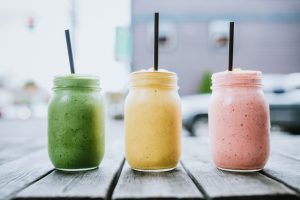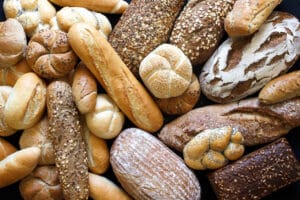Thanksgiving dinner is a glorious spectacle, a day when we gather with loved ones to feast like kings and queens who forgot moderation. The table is laden with a mountain of mashed potatoes, an ocean of gravy, pies stacked so high they resemble a dessert Jenga, and, of course, the pièce de résistance—a golden turkey glistening like a meaty trophy of triumph. It’s a meal so epic it could make a medieval banquet feel like a light brunch.
But after that first delicious bite, the meal becomes less about food and more about endurance. One plate in, you’re feeling good. Two plates, and you’ve entered the “I shouldn’t have worn jeans” phase. By the time dessert rolls around, you’ve reached a state of gastronomic euphoria—or perhaps delirium—where you’re justifying pumpkin pie as a vegetable because it contains a gourd.
Then comes the drowsiness, that heavy-lidded, post-feast stupor. You lean back, pat your overstuffed belly, and hear someone mumble, “It’s the tryptophan in the turkey.” Ah, yes, the infamous tryptophan—Thanksgiving’s scapegoat. Never mind that it’s found in chicken and cheese and hasn’t ruined a backyard barbecue or charcuterie board. On this day, tryptophan gets its time to shine—or rather, its time to blame.
The science might say it’s more about the carb avalanche and the wine that Aunt Susan keeps topping off, but no one listens to science on Thanksgiving. Tryptophan is the culinary villain we love to vilify. It’s the reason Uncle Bob is snoring on the couch like a bear in hibernation, still holding the remote. It’s why your cousin suddenly thinks the floor is a fantastic place to lie down for “just a minute.” It’s why, despite having enough food energy to fuel a marathon, you can barely muster the strength to move from the dining table to the living room.
And let’s not forget the absurdity of watching people fight their food coma with a slice of pecan pie. “I need something sweet,” they claim, as if pie is an antidote to turkey-induced sleepiness. Spoiler: it’s not. Before you know it, the entire family has collapsed like dominoes, each succumbing to the nap of no return.
But is Tryptopah really to blame for our afternoon snooze? Let’s take a look at what the science says.
Tryptophan: The Basics
Tryptophan, an essential amino acid, has been the subject of various discussions and misconceptions, especially surrounding its role in sleep and mood regulation. Often associated with Thanksgiving turkey-induced drowsiness, tryptophan has garnered a reputation that goes beyond its actual impact on the human body. In this article, we will delve into the truth about tryptophan, exploring the facts, dispelling myths, and examining both the benefits and potential adverse effects associated with this amino acid.
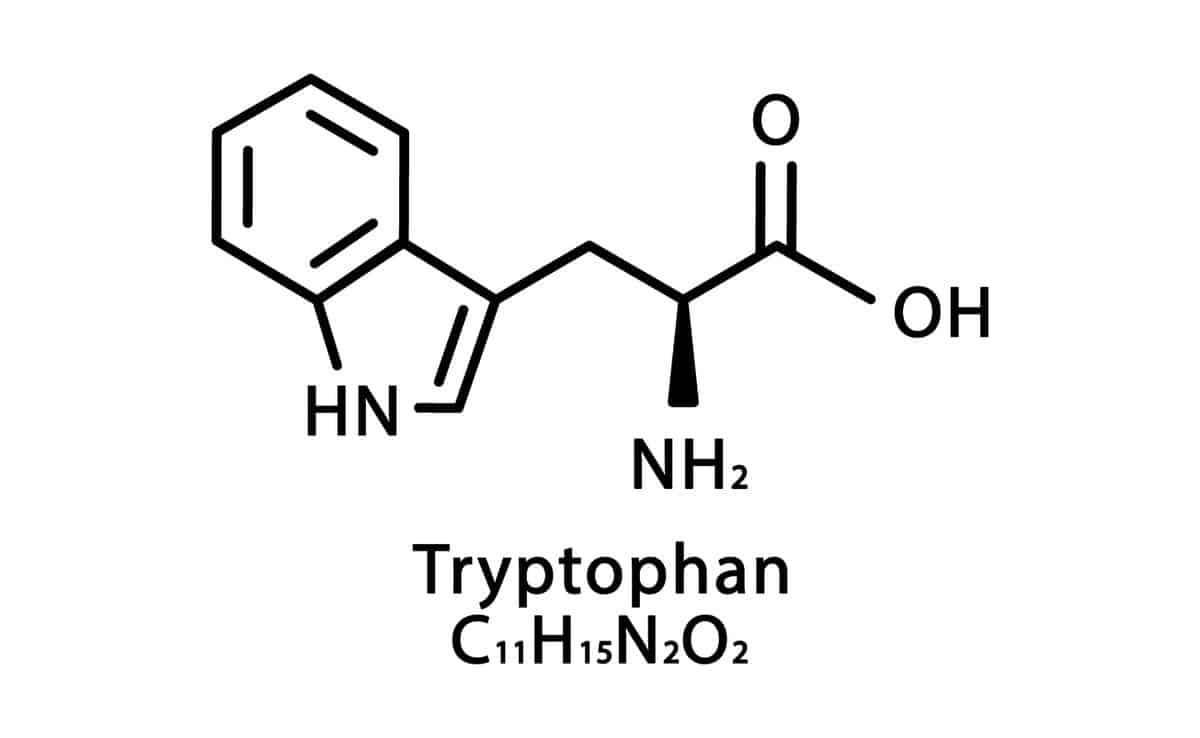
Tryptophan is one of the nine essential amino acids that the human body cannot produce on its own and must be obtained from diet. It plays a crucial role in the synthesis of serotonin, a neurotransmitter that contributes to mood regulation, among other functions. While it is true that turkey contains tryptophan, it is essential to understand that many other foods, both animal and plant-based, also provide this amino acid. Foods that are high in tryptophan include:
- Eggs
- Cheese
- Milk
- Fish, especially salmon and tuna
- Poultry, especially chicken and turkey
- Red meat and pork
- Tofu and soy products (soybeans)
- Grains, including quinoa and oats
Myths and Misconceptions
Turkey-induced Sleepiness
One of the most prevalent myths is that consuming turkey induces drowsiness. While it is true that turkey contains tryptophan, the amount ingested during a typical meal is insufficient to cause significant sleepiness. Other amino acids present in the meal, as well as the overall caloric intake, play a more substantial role in determining post-meal fatigue.
Tryptophan Supplements as a Cure for Insomnia
Some individuals believe that taking supplements can be a natural remedy for insomnia. While tryptophan is a precursor to serotonin, the scientific evidence supporting its efficacy as a standalone treatment for sleep disorders is inconclusive. Other factors, such as lifestyle, sleep hygiene, and overall health, also significantly influence sleep quality.
Benefits of Tryptophan
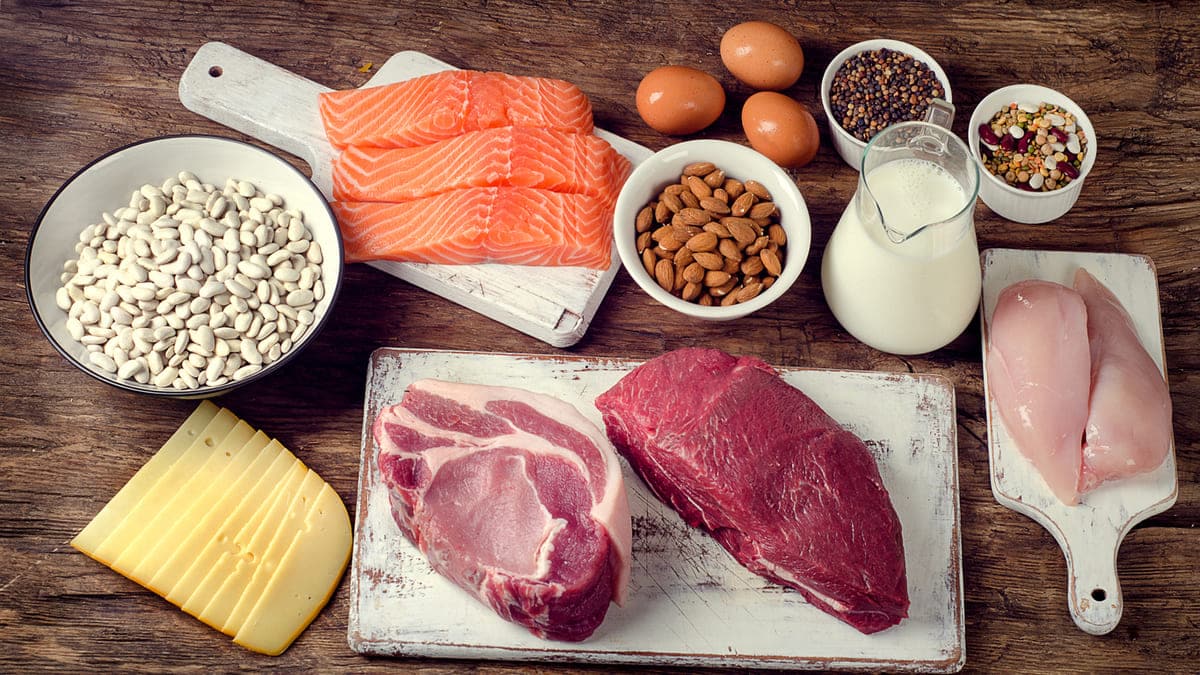
Mood Regulation
Tryptophan is a precursor to serotonin, a neurotransmitter associated with mood regulation. Consuming foods rich in tryptophan, such as poultry, eggs, and certain dairy products, can contribute to the production of serotonin and may play a role in supporting emotional well-being.
Cognitive Function
Tryptophan is involved in synthesizing neurotransmitters, including serotonin and melatonin, which are crucial for cognitive function and sleep-wake cycles. A balanced intake through a well-rounded diet may positively impact cognitive processes.
Immune System Support
Tryptophan is also a precursor to niacin, a B vitamin important for immune system function. Adequate levels in the diet contribute to the body’s ability to produce niacin, supporting immune health.
Possible Adverse Effects

Serotonin Syndrome
Excessive intake of tryptophan, either through supplements or certain foods, can lead to a condition known as serotonin syndrome. This rare but serious condition results from an excess of serotonin in the body, leading to symptoms such as confusion, rapid heart rate, and in severe cases, life-threatening complications.
Interactions with Medications
Individuals taking certain medications, such as selective serotonin reuptake inhibitors (SSRIs) or monoamine oxidase inhibitors (MAOIs), should be cautious with tryptophan supplementation. Combining these substances can lead to an excessive increase in serotonin levels, potentially causing adverse effects.
Allergic Reactions
While rare, some individuals may be allergic to tryptophan, experiencing symptoms such as itching, swelling, or difficulty breathing. Anyone with a known sensitivity to this amino acid should exercise caution and seek medical advice.
Wrapping Up
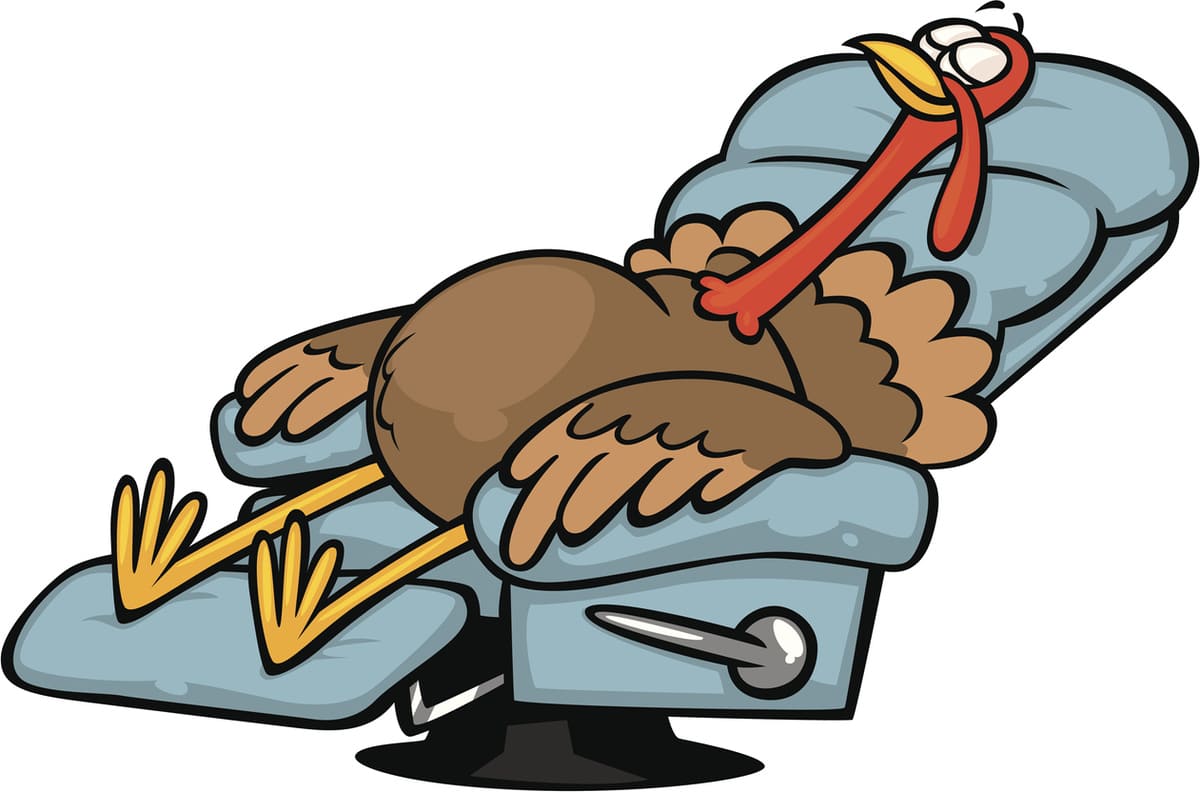
Tryptophan, often surrounded by myths and misconceptions, is a vital amino acid with various benefits when consumed in appropriate amounts. While it is true that it plays a role in mood regulation and sleep, attributing post-Thanksgiving meal drowsiness solely to this amino acid is an oversimplification. As with any nutrient, balance is key, and it is crucial to obtain tryptophan through a diverse and well-rounded diet rather than relying on supplements.
Understanding the truth about tryptophan allows individuals to make informed choices about their dietary habits, considering both the potential benefits and risks associated with this essential amino acid. As with any health-related matter, consulting with a healthcare professional is advisable to ensure personalized advice based on individual health conditions and needs.
Read Next:
Is it Time to Trim the Turkey Neck?
6 Easy Steps to Prepare the Perfect Thanksgiving Turkey
Is It Normal… to Exercise Like Crazy and Still Have a Belly?


